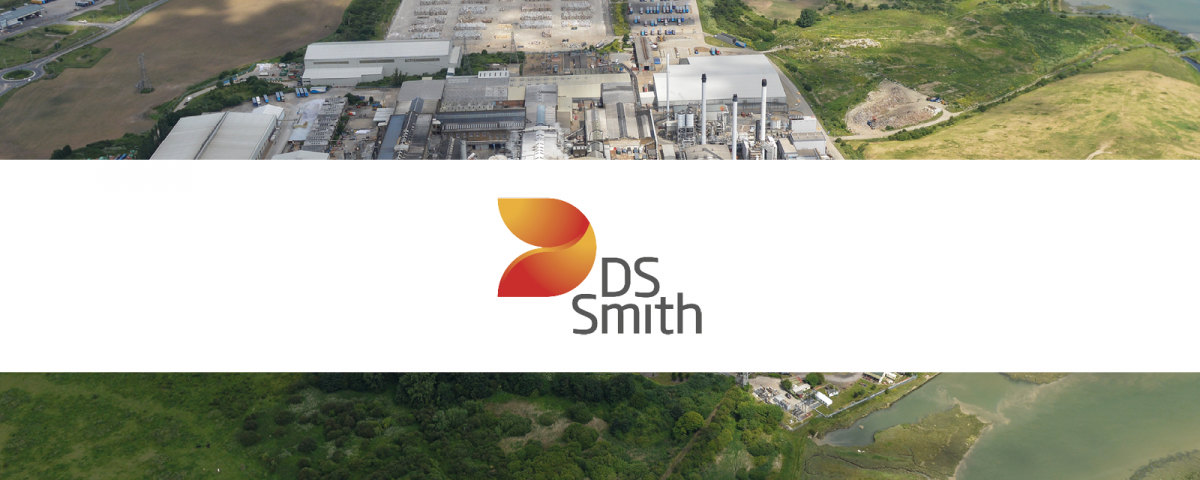
Congratulations to this years Kent Cooks Winners
November 28, 2014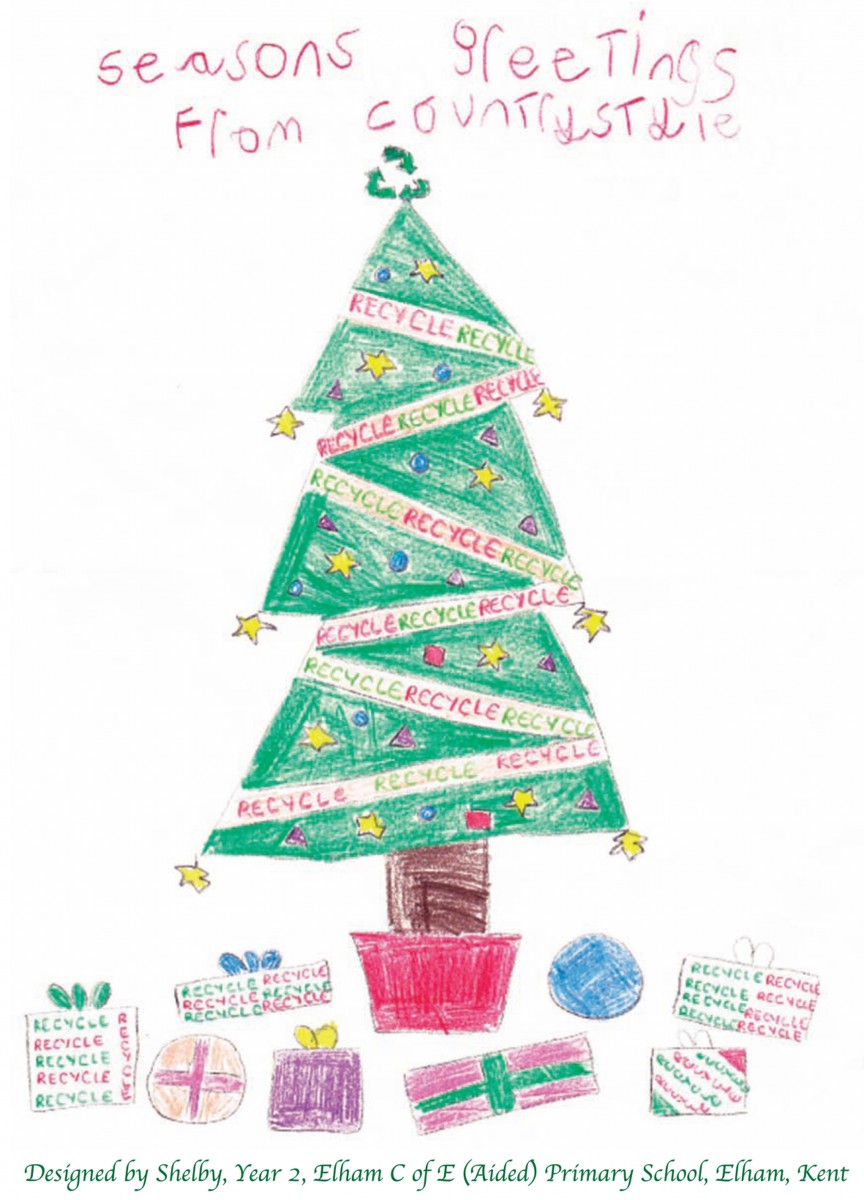
Elham Primary School pupil wins Christmas card competition
December 9, 2014The Client
DS Smith is a leading provider of corrugated packaging in Europe and operates in 25 countries, employing around 20,000 people worldwide. The company offers integrated solutions that serve the entire Paper Supply Cycle.
DS Smith operates mills located in the UK, France, Germany, Italy and the Netherlands producing 2.6 million tonnes of paper annually. All of their products are made of recycled fibres and are 100% recyclable.
By continually investing in the latest papermaking technologies, DS Smith are able to produce the highest quality recycled paper.
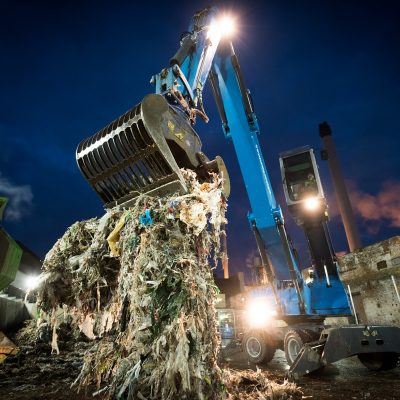
The Challenge
DS Smith were looking for an innovative and efficient way to recycle ‘ragger ropes’, part of the paper recycling process at its Kent recovered paper mill at Kemsley, Nr Sittingbourne Kent, the 2nd largest such mill in Europe. The ragger ropes are a continuous process waste and the only option previously available has been to take them to landfill for disposal.
Ragger rope, also known as ‘pulper tail’, is a by-product of the paper pulping process. It consists of bale wire, which is continually pulled through the pulper to remove contaminants from the paper stream such as plastic and metal. The ragger ropes also gather a significant quantity of paper fibre which DS Smith were very keen to recover for re-use in the paper making process.
DS Smith Kemsley Mill, Kent produces approximately 12,000 tonnes per annum of ragger rope and a further 29,000 tonnes of plastic waste combined with fibre.
Key Facts
- Countrystyle has invested £1.4 million in new equipment and infrastructure for the recycling of ragger rope and other waste streams from the paper making process
- Recycling of recovered fibre by the on-site process, Countrystyle saves DS Smith the need to purchase circa 10,000 tonnes per year of recovered fibre
AWARD WINS IN 2015
Countrystyle Recycling & DS Smith have won 2 awards for the recycling of ragger rope in 2015. CIWM Achieving Zero Waste award & Edie Sustainability Leaders Award.
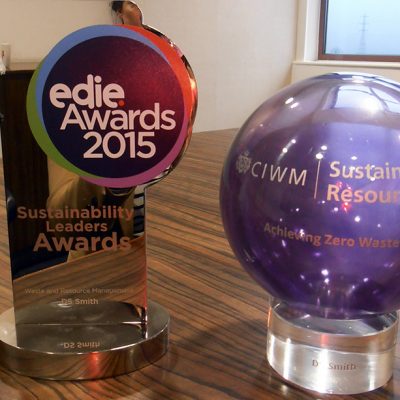
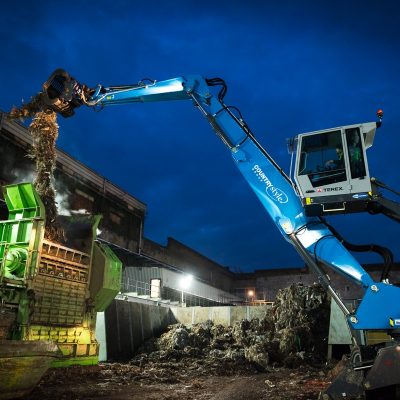
Our Role
Countrystyle has worked with DS Smith at Kemsley Mill since early 2011 providing on-site and off-site waste management solutions. During this period Countrystyle undertook various trials on the mechanical separation of light rejects and ragger rope which included testing fibre integrity, strength, length and other criteria of the trial handmade paper samples. As a result of these trials Countrystyle identified a solution that led to investing £1.4 million in a processing line incorporating heavy duty shredding capacity, ferrous metal extraction through over-band magnets, a flip flop screen to remove the fibre element and conveyor systems to collect the final high concentration plastic streams.
This process sees the ropes cut down into smaller sections by the shredder, ferrous metals (such as wire) removed via an over-band magnet and the remaining fractions screened to separate paper fibre from plastics. The reclaimed fibre is reused in the mill to create new paper and the resultant plastic stream is used for energy recovery at the onsite power plant.
Countrystyle is now one of only a handful of companies capable of recycling and reusing the old ropes, diverting approximately 41,000 tonnes per year from landfill and conserving the recovered resources for use in the mill.[/vc_column_text]


